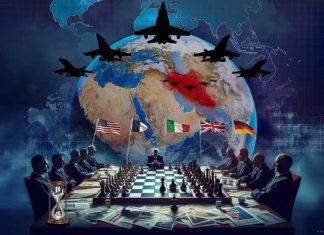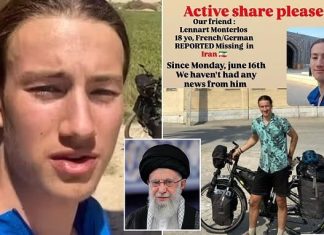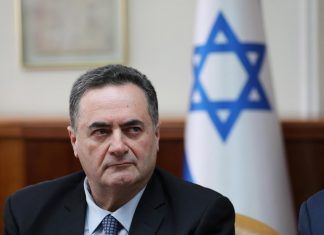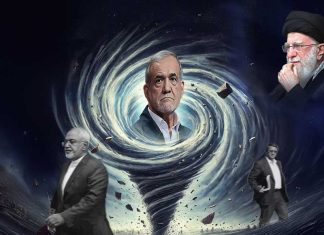By Francois Murphy
VIENNA, Sept 7 (Reuters) – The U.N. atomic watchdog on Tuesday criticized Iran for stonewalling an investigation into past activities and jeopardizing important monitoring work in Iran, possibly complicating efforts to resume talks on Iran nuclear deal.
The International Atomic Energy Agency said in two reports to member states reviewed by Reuters that there had been no progress on two main issues – explaining uranium traces found last year and earlier at several old, undeclared sites and getting urgent access to some monitoring equipment so that it can continue to keep track of parts of Iran‘s nuclear program.
While the investigation into the uranium traces has been going on for more than a year, diplomats say the IAEA urgently needs access to the equipment to swap out memory cards so there are no gaps in its observation of activities like the production of parts for centrifuges, machines that enrich uranium.
Without such monitoring and so-called continuity of knowledge, Iran could produce and hide unknown quantities of this equipment that can be used to make weapons or fuel for power plants.
“The Agency’s confidence that it can maintain continuity of knowledge is declining over time and has now significantly further declined,” one of the two reports said, adding that while the agency needs to access the equipment every three months, it had not had access since May 25.
“This confidence will continue to decline unless the situation is immediately rectified by Iran,” the report said.
A senior diplomat added that the agency’s confidence that the equipment is still working properly declines rapidly after three months, and while the memory cards should keep working for slightly longer, inspectors will need access soon.
Former U.S President Donald Trump pulled Washington out of the 2015 deal, under which Iran agreed to restrictions on its nuclear activities in return for the lifting of sanctions. Tehran responded to the U.S. withdrawal and reimposition of sanctions by violating many of those restrictions.
Indirect talks between the United States and Iran on both countries returning to compliance have stopped while Iran‘s new, hardline President Ebrahim Raisi has taken office. France and Germany have called on Iran to return soon and Raisi has said Tehran is prepared to but not under Western “pressure”.
‘WITHOUT FURTHER DELAY’
Tuesday’s criticism by the IAEA means the United States and its European allies must now decide whether to push for a resolution at next week’s meeting of the 35-nation IAEA Board of Governors pressuring Iran to make concessions to the IAEA.
A resolution could also make resuming the talks on the 2015 accord harder since Tehran has previously bristled at such moves.
“The Director-General is increasingly concerned that even after some two years the safeguards issues outlined above in relation to the four locations in Iran not declared to the Agency remain unresolved,” the second of the reports said.
It said Iran must resolve outstanding issues relating to the sites, which include questions about a fourth location the IAEA has not inspected, “without further delay”.
While the talks have stalled, Iran has accelerated its breaches of the deal, including enriching uranium to up to 60% purity, the IAEA has said, and is working on enriched uranium metal, which can be used to make nuclear weapons. Iran insists its aims are peaceful but Western powers have condemned the moves.
The enrichment acceleration had yet to show in the quarterly data on its stockpile. The first report said it had an estimated 10 kg of uranium enriched to that level, a modest increase of 7.6 kg from three months earlier.
(Reporting by Francois Murphy; Editing by Peter Graff and Grant McCool)






